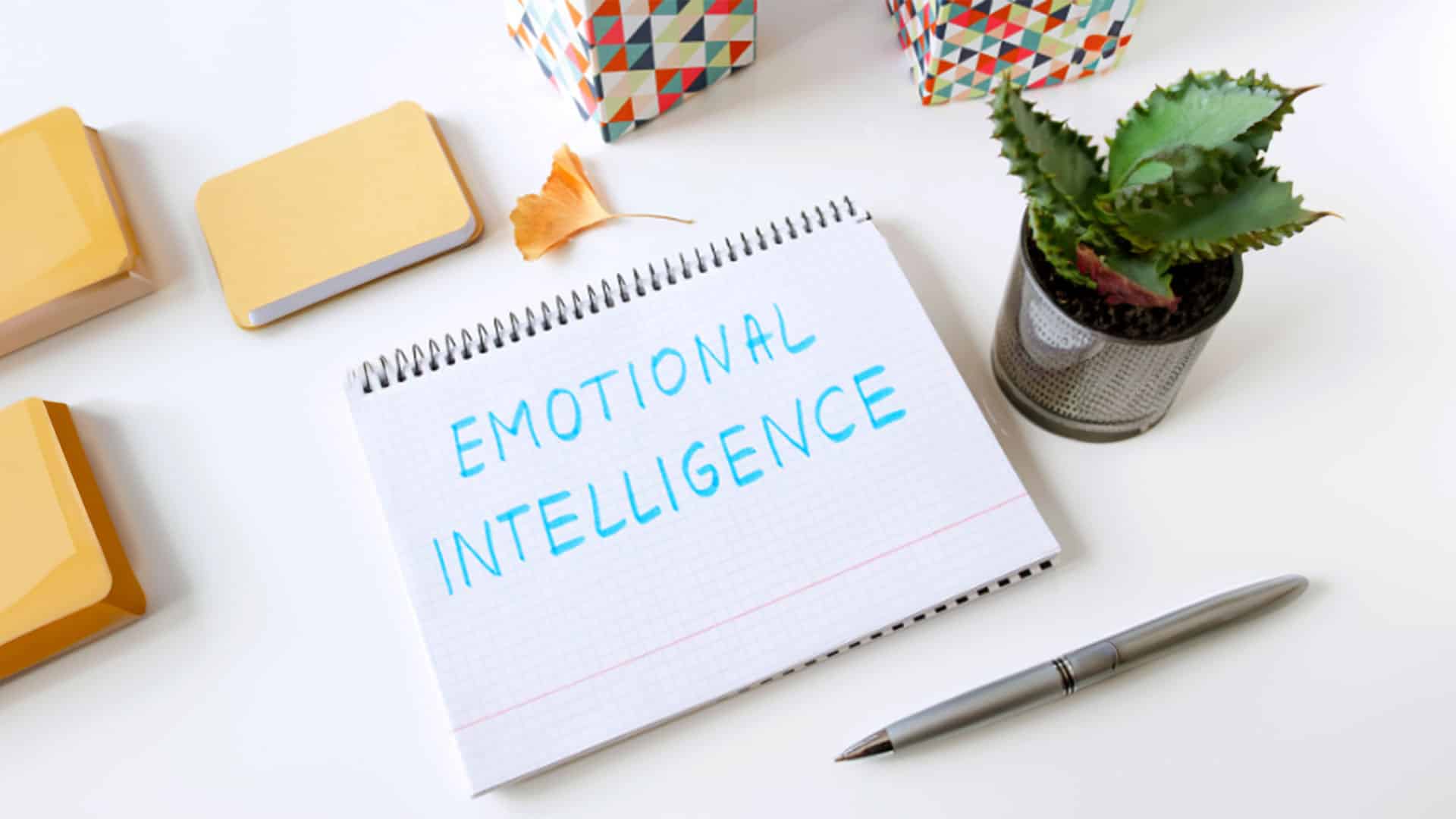Self-aware. Insightful. Composed. Empathetic. Sensitive. Interpersonally skilled. Resilient. These are all ways that people with high Emotional Intelligence (EQ) could be described. As you can imagine, EQ is the differentiator between a good leader and an exceptional one. No matter how smart or efficient you are, if you lack EQ, you’ll be limited in how far your influence can go.
At its core, EQ is the art of recognizing, understanding, managing, and effectively leveraging one’s own emotions and those of others. While there are a lot of components that fall under the EQ umbrella, two important ways this shows up in leaders is their self-awareness and their ability to regulate their emotions,
Thankfully, unlike IQ, EQ is not set, and we can increase our emotional intelligence with intentional focus. At The Riverbend Group, we are often asked to partner with organizations to invest in the EQ of their people. We love doing this through our immersive workshop: Emotional Intelligence: Managing the Grizzly Bear. Let’s dive into a few components of EQ covered in that workshop.
Self-Awareness:
Self-awareness is the ability to recognize and understand one’s own emotions, thoughts, and behaviors. In Managing the Grizzly Bear, we start by underscoring the foundational importance of self-awareness within the framework of EQ. Through engaging exercises, participants gain insights into their signs of stress, stress responses, and strengths that can be used to elevate self-awareness.
Using research from neuroscience and psychology, we shine a light on our brain’s natural response to stress so we can better understand how we show up in stressful situations. It is also important to pay attention to external factors that influence emotional responses and recognize how distractions or ongoing experiences shape our reactions.
Once we understand our emotional responses, we can then better manage our behaviors.
Self-Regulation:
A certain degree of stress is inevitable, and self-regulation helps mitigate its negative impacts on us and those around us. Self-regulation is characterized as a proactive and reactive process, involving the ability to both anticipate and respond to stressors. In our workshop, two types of strategies are explored in detail: regulating the body to lower the intensity of stress responses and regulating the mind to manage stress through more helpful thinking processes.
Self-regulation empowers leaders to navigate not only their own emotional landscapes but also those of their teams. It’s a skill that ensures composure, resilience, and thoughtful responses in the face of challenges.
If you want to take things to the next level, talk to us today about bringing our EQ: Managing the Grizzly Bear workshop to your team. Our workshop extends beyond individual development to instill a culture of emotional intelligence within teams. Leaders learn to create an environment where open communication, empathy, and collaboration thrive.


